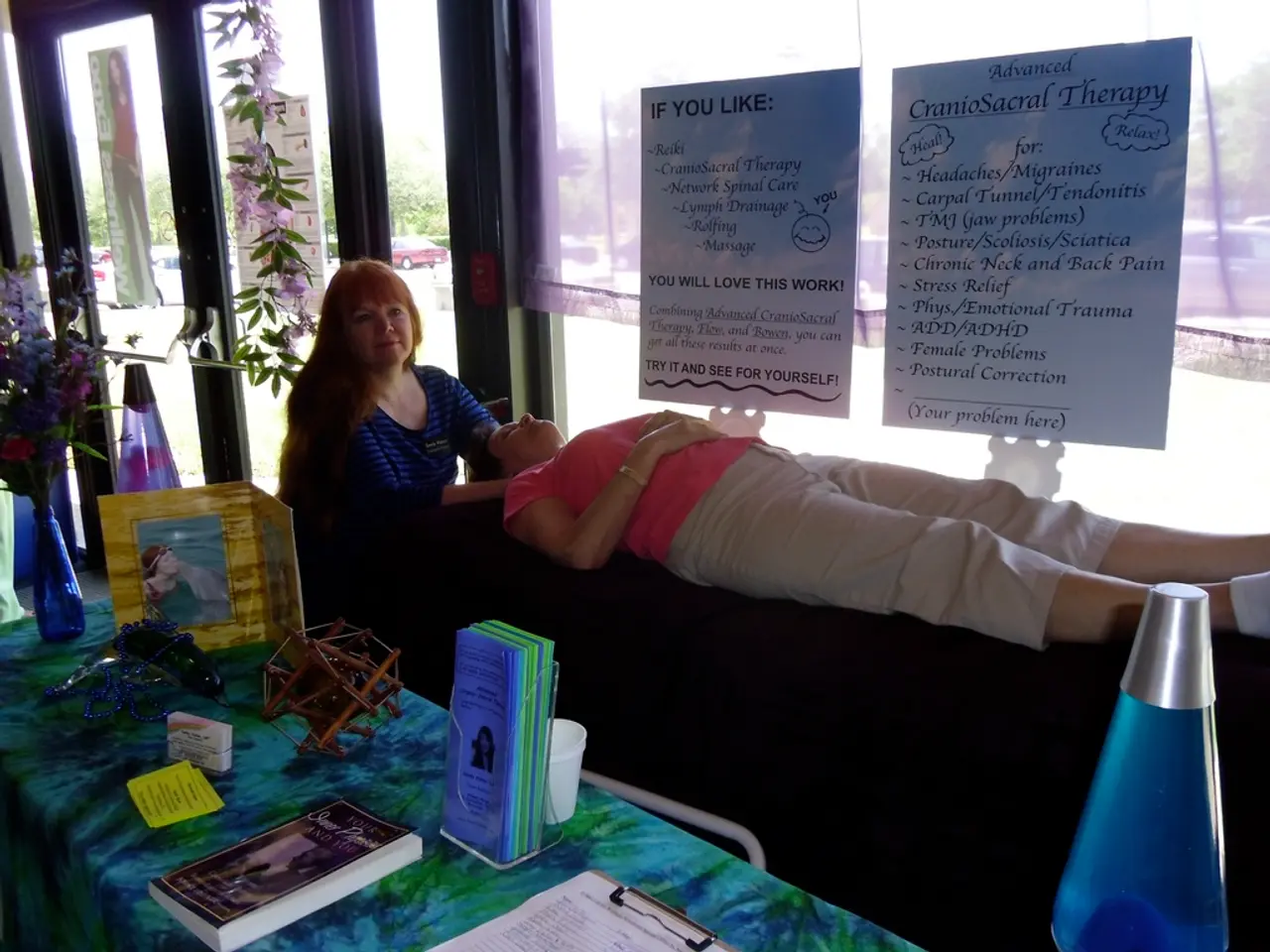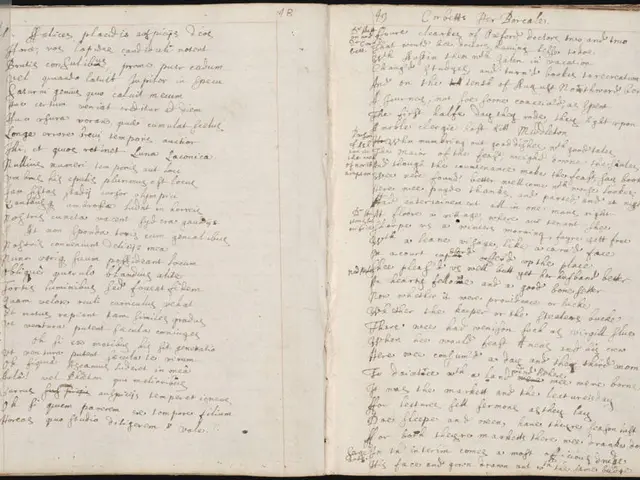Strategies to Make a Ghoster Feel Remorse for Abandoning You
In today's digital age, the phenomenon of ghosting - the act of abruptly ending communication without explanation - has become increasingly common. This article aims to shed light on the psychological impact of being ghosted and provide practical tips for coping and healing.
Ghosting can leave individuals feeling rejected, lonely, confused, and filled with self-doubt. The sudden silence and lack of closure can significantly affect a person's self-perception, sometimes leading to a distorted view of self-worth. It is essential to understand that ghosting often reflects the ghoster's inability to communicate or handle relationship issues, not any personal deficiency of the one ghosted.
To cope and heal, one must allow themselves to fully experience and acknowledge their emotions. Emotional processing is crucial for healing, and suppressing feelings can prolong the pain. Self-care practices, such as mindfulness, therapy, physical activity, and nurturing social connections, can help build emotional resilience and buffer the effects of ghosting.
Seeking support from trusted friends, family, or mental health professionals is also vital. These individuals can provide validation, guidance, and a safe space to process emotions. Independent closure can be found through personal reflection, journaling, or writing unsent letters to express thoughts and feelings.
It is essential to separate self-worth from the ghoster's actions. Understanding that the ghoster's silence speaks more about their limitations than your value is a crucial step in the healing process. Forgiveness can also be a healing step, as letting go of resentment helps move on and regain peace.
Additional resources are available for those seeking a deeper understanding of ghosting's psychological effects and tools for healing and emotional growth. Articles, videos, discussions, and social media channels offer insights into the emotional and psychological landscape of ghosting, helping to normalize the experience and encourage recovery.
Remember, closure comes from within, through understanding your emotions and finding peace with the situation, not from external validation or retribution. Avoiding contact with the person who ghosted you allows you to preserve your dignity, show self-respect, and process your emotions without constant reminders.
Engaging in revengeful actions can hurt you more, damaging your reputation, eroding your self-esteem, and keeping you in a negative headspace. Trying to get someone's attention through social media posts will likely lead to disappointment and frustration. The best "revenge" is choosing to focus on your own well-being, personal growth, and happiness.
Responding from a ghoster seeking closure might not align with expectations, including defensiveness, avoidance, or honesty. Unfollowing or muting the person who ghosted you on social media can help create a healthier mental space for healing.
Seeking closure from a ghoster can provide a sense of understanding and emotional resolution, but proceed with caution and consider your own emotional well-being. Some people who have ghosted others may eventually regret their actions, and signs of regret include reaching out first, acknowledging their mistake, expressing genuine remorse, and consistently putting effort into maintaining communication.
However, seeking revenge or trying to make someone regret their actions is not the healthiest or most productive approach. Letting go of resentment towards the person who ghosted you can help the healing process and free you from negative emotions.
In conclusion, being ghosted can have a profound psychological impact, but understanding the reasons and equipping oneself with practical tools for healing and emotional growth can help navigate this difficult experience. By focusing on personal growth, setting goals, and engaging in activities that bring joy, one can focus on themselves and their well-being, ultimately moving forward with resilience and peace.
- Ghosting can lead to feelings of rejection, loneliness, confusion, and low self-esteem, affecting a person's self-perception and self-worth.
- Emotional processing is crucial for healing post-ghosting, as suppressing feelings can prolong the pain.
- Self-care practices, such as mindfulness, therapy, physical activity, and nurturing social connections, can help build emotional resilience.
- Seeking support from trusted friends, family, or mental health professionals is essential during recovery from being ghosted.
- Independent closure can be found through personal reflection, journaling, or writing unsent letters to express thoughts and feelings.
- Understanding that the ghoster's silence doesn't reflect personal deficiency but their communication issues is a crucial step in the healing process.
- Forgiveness can aid healing by letting go of resentment and promoting peace.
- Additional resources on ghosting's psychological effects and healing tools are available through articles, videos, discussions, and social media channels.
- Closure comes from within, through understanding emotions and finding peace with the situation, not from external validation or retribution.
- Avoiding contact with the person who ghosted you and focusing on personal growth, goals, and activities that bring joy can help boost emotional well-being and facilitate healing.




